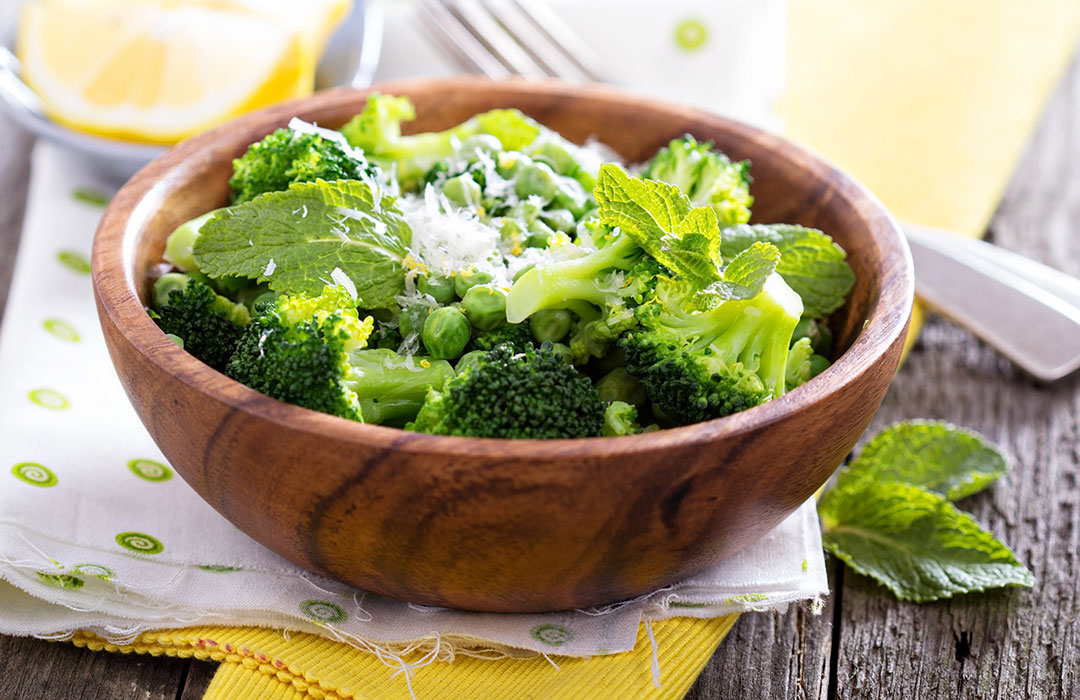Introduction
A diverse range of nutrient-rich vegetables is essential when maintaining a healthy lifestyle. While many associate protein primarily with animal-based sources, it may come as a surprise that there are several vegetables high in protein. These plant-based powerhouses offer numerous health benefits and are an excellent alternative for those seeking to increase their protein intake. This article will explore the top six protein-rich vegetables, allowing you to add variety and nutrition to your meals.
Spinach: The Versatile Green Giant
Spinach, a leafy green vegetable, provides a wealth of iron and vitamins and boasts a fantastic protein content. With approximately 3 grams of protein per cooked cup, spinach is a valuable addition to any protein-focused diet. Its versatility allows you to enjoy it in various forms, such as salads, smoothies, sautés, or even a delicious pizza topping. Whether you follow a vegetarian lifestyle or not, incorporating spinach into your meals is an excellent way to increase your protein consumption and promote overall well-being.
Nutritional Facts
| Nutrient | Amount (per 100g) |
| Protein | 2.9g |
| Calories | 23 kcal |
| Carbohydrates | 3.6g |
| Fiber | 2.2g |
| Vitamin C | 47 mg |
| Iron | 2.7 mg |
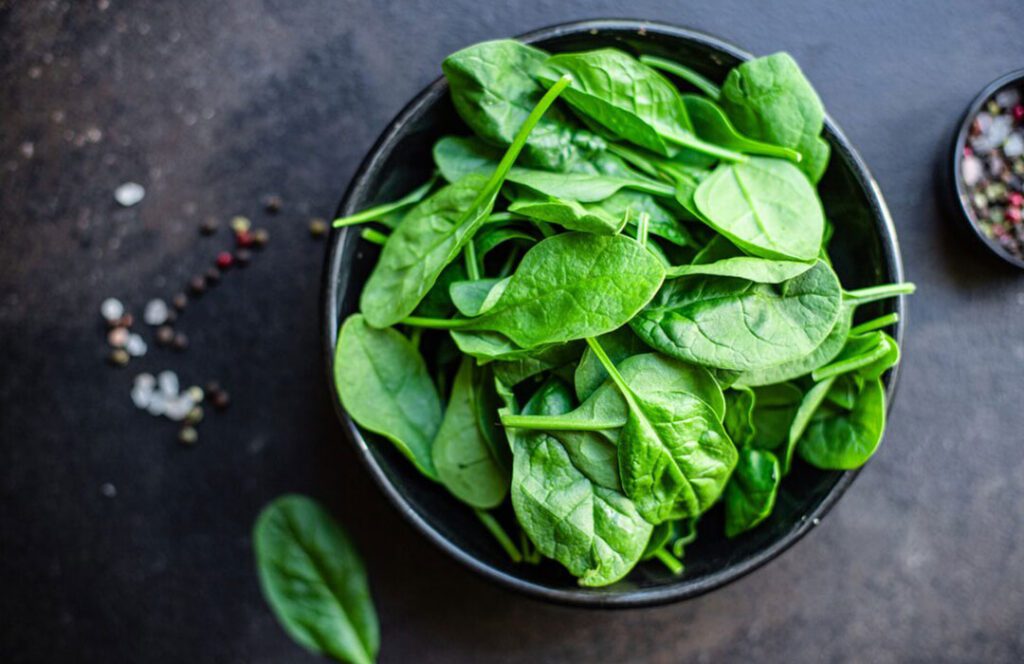

Broccoli: The Nutrient Powerhouse
Broccoli, a cruciferous vegetable, stands out as an impressive source of protein. Alongside its protein content, it is packed with essential vitamins, fiber, and antioxidants. Providing approximately 2.6 grams of protein per cooked cup, broccoli not only meets your protein needs but also offers a range of health benefits. This nutrient powerhouse deserves a place on your plate, from aiding digestion and supporting the immune system to promoting heart health. Add steamed or roasted broccoli to your meals, soups, or stir-fries to enjoy its protein-rich goodness.
Nutritional Facts
| Nutrient | Amount (per 100g) |
| Protein | 2.8g |
| Calories | 34 kcal |
| Carbohydrates | 6.6g |
| Fiber | 2.6g |
| Vitamin C | 89.2 mg |
| Iron | 0.73 mg |
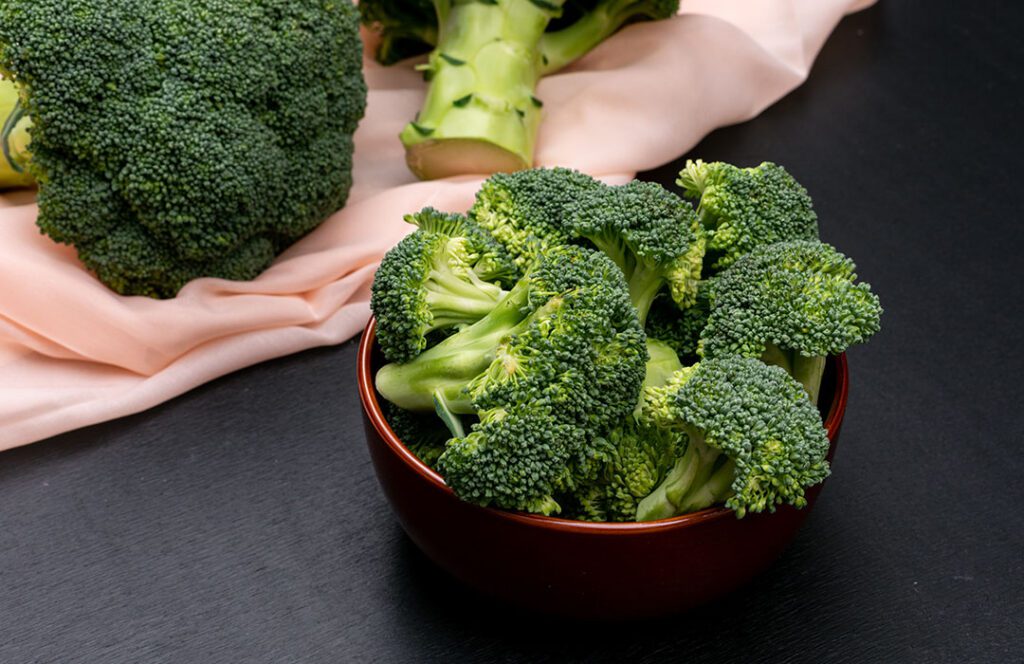

Brussels Sprouts: Small in Size, Big in Protein
Often underestimated, Brussels sprouts are a small vegetable with a significant protein punch. Offering around 3 grams of protein per cooked cup, these miniature cabbage-like vegetables are high in protein and rich in fiber, vitamins, and minerals. By roasting, sautéing them with garlic, or incorporating them into salads, you can enjoy their delightful taste and reap the benefits of their protein content. Don’t overlook Brussels sprouts when seeking to diversify your protein sources.
Nutritional Facts
| Nutrient | Amount (per 100g) |
| Protein | 3.4g |
| Calories | 43 kcal |
| Carbohydrates | 8.3g |
| Fiber | 3.8g |
| Vitamin C | 85 mg |
| Iron | 1.4 mg |


Peas: The Tiny Green Gems
Peas, whether fresh or frozen, are fantastic sources of plant protein. With approximately 8 grams of protein per cooked cup, these tiny green gems pack a substantial protein punch. Alongside their protein content, peas offer beneficial antioxidants, vitamins, and minerals. Including peas in soups, stews, and stir-fries or enjoying them as a side dish allows you to boost your protein intake while enhancing the nutritional value of your meals. Embrace the versatility and nutritional benefits of peas in your culinary creations.
Nutritional Facts
| Nutrient | Amount (per 100g) |
| Protein | 5.4g |
| Calories | 81 kcal |
| Carbohydrates | 14.5g |
| Fiber | 5.1g |
| Vitamin C | 40 mg |
| Iron | 1.5 mg |
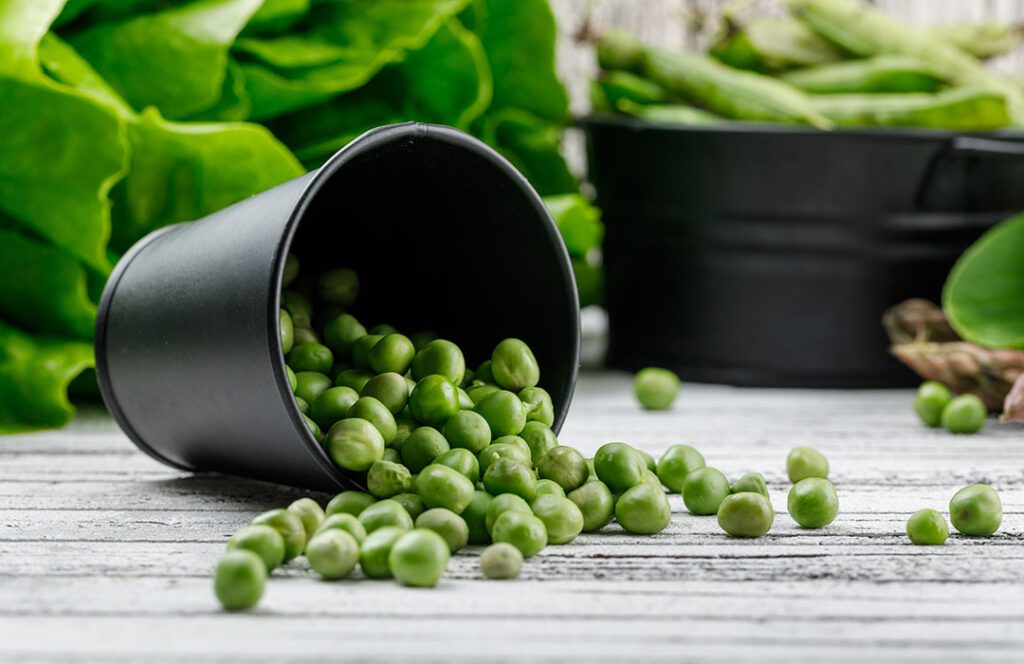

Kale: The Superstar Leafy Green
Kale has skyrocketed in popularity in recent years, and for a good reason. This leafy green vegetable is a nutrient-dense powerhouse, boasting an impressive protein content of approximately 2.5 grams per cooked cup. Whether in salads, smoothies, or sautés, kale offers a range of health benefits. From supporting bone health and reducing inflammation to providing antioxidants that combat oxidative stress, kale is a valuable addition to any diet. Embrace the superstar status of kale by incorporating it into your meals and reaping its nutritional rewards.
Nutritional Facts
| Nutrient | Amount (per 100g) |
| Protein | 2.9g |
| Calories | 49 kcal |
| Carbohydrates | 8.8g |
| Fiber | 3.6g |
| Vitamin C | 120 mg |
| Iron | 1.5 mg |
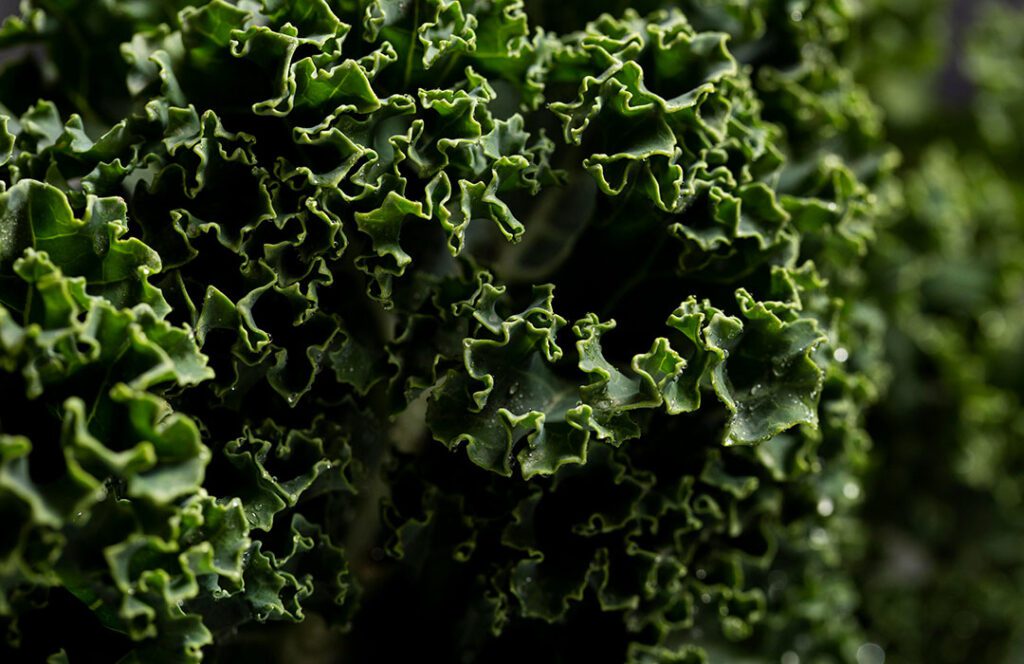

Asparagus: The Elegant Veggie
Known for its delicate flavor and elegant appearance, asparagus also deserves recognition for its protein content. With approximately 4 grams of protein per cooked cup, asparagus offers a satisfying protein boost. Alongside protein, asparagus provides a wealth of vitamins, folate, and fiber, contributing to overall well-being. Asparagus brings taste and nutrition to your plate, whether roasted, grilled, or added to omelets or salads.
Nutritional Facts
| Nutrient | Amount (per 100g) |
| Protein | 2.2g |
| Calories | 20 kcal |
| Carbohydrates | 3.9g |
| Fiber | 2.1g |
| Vitamin C | 5.6 mg |
| Iron | 2.1 mg |
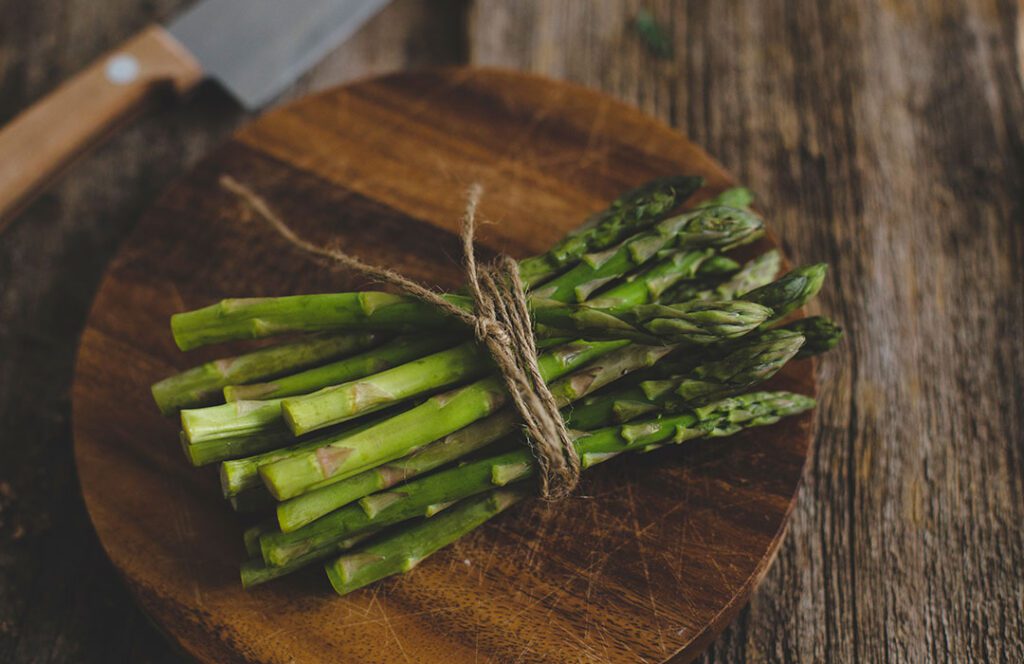

FAQs:
-
Can Vegetables Be A Significant Source Of Protein?
Yes, vegetables can indeed be a valuable source of protein. While they may not contain as much protein as animal-based sources, they still contribute to your overall protein intake and offer various health benefits.
-
Are These Vegetables Suitable For Both Vegetarians And Non-Vegetarians?
Absolutely! These protein-rich vegetables are suitable for individuals following both vegetarian and non-vegetarian diets. They provide an excellent option to diversify protein sources and cater to different dietary preferences.
-
Can These Vegetables Be Easily Incorporated Into Everyday Meals?
Yes, these vegetables are incredibly versatile and can be added to various dishes. From salads, stir-fries, and soups to smoothies and side dishes, there are countless ways to enjoy their protein and nutritional benefits.
Conclusion
Incorporating protein-rich vegetables into your diet is a fantastic way to diversify your nutrient intake and promote a healthy lifestyle. The six vegetables highlighted in this article – spinach, broccoli, Brussels sprouts, peas, kale, and asparagus – provide protein and offer an array of vitamins, minerals, and antioxidants. Adding these plant protein powerhouses to your meals can enhance your dishes’ nutritional value, flavor, and overall appeal. So, embrace the goodness of vegetables high in protein and enjoy their positive impact on your well-being.

